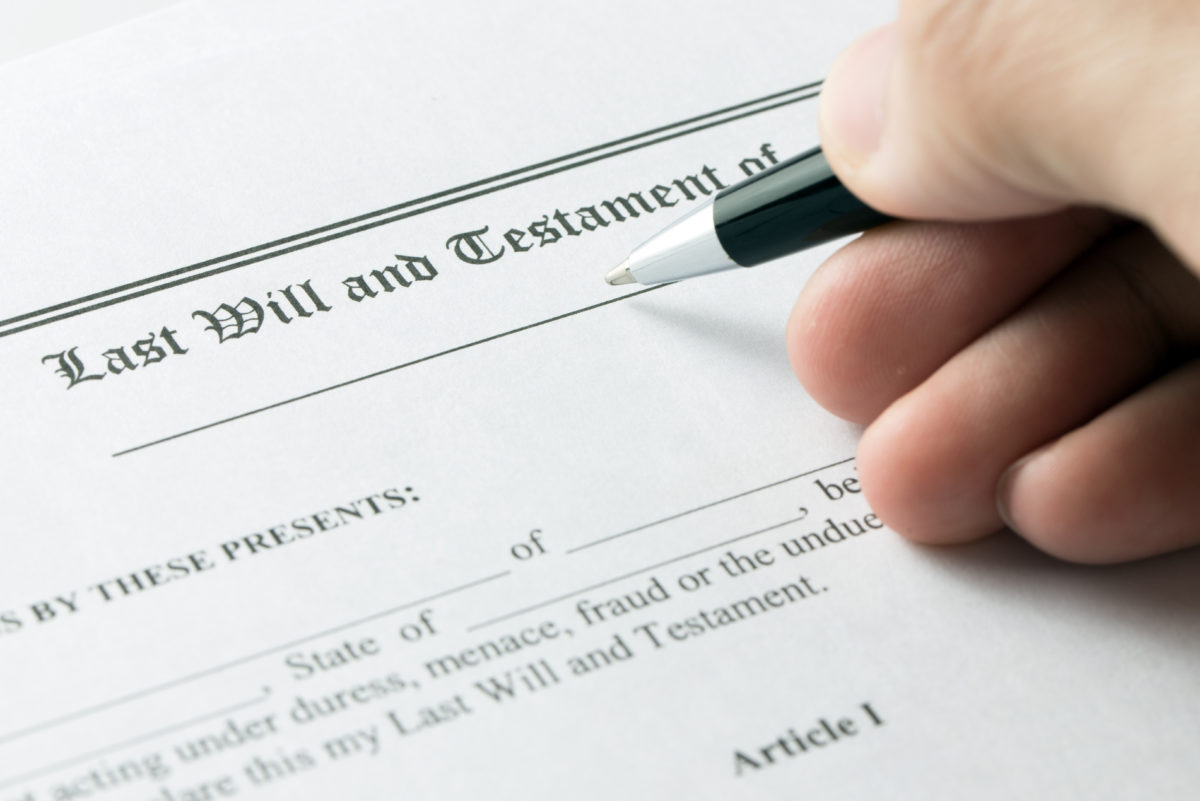
The cornerstone of any comprehensive estate plan is a person’s last will and testament. In this document, a person can dictate who they want to receive their assets upon their passing, among other things. The people who receive assets from a decedent are known as “beneficiaries.” Additionally, in your last will and testament, you must appoint someone to be the executor of your estate, or the person who oversees the administration of your estate upon your passing. Whether you’re looking to appoint an executor or you’ve been appointed, you should continue reading and reach out to our seasoned Pennsylvania estate planning attorneys to learn more about what specifically an executor does. Here are some of the questions you may have:
What is the purpose of an executor?
As previously stated, the executor of an estate is in charge of ensuring it is administered according to a decedent’s wishes. That said, the role of an executor comes with a great deal of responsibility. Just some of the things an executor must do are as follows:
- Get the decedent’s death certificate
- Ensure that all debts owed by the decedent are paid off
- Locate and collect all property and assets owned by the decedent
- Distribute all remaining assets to beneficiaries in accordance with the decedent’s will once all debts are settled
- Go through the probate process
Rather obviously, being chosen as the executor of someone’s estate is not something to be taken lightly. For this reason, if you’ve been appointed, you should strongly consider hiring a lawyer who can help you through the process. Not only can a lawyer offer valuable advice and ensure the process moves along as smoothly as possible, but it will also ensure that you’re meeting all deadlines and doing everything in accordance with the law, thereby shielding you from allegations of misconduct and a potential legal battle over the decedent’s estate.
Who should be appointed as an executor?
Because this is such a significant position, the executor of a person’s estate must be someone they trust completely. This is why, in most cases, people appoint their spouse, child, or another close relative to administer their estate upon their passing. You are essentially putting your legacy in someone else’s hands, so you must choose wisely.
If you have any further questions about executors or estate planning in general, please do not hesitate to contact Friedman Schuman Layser for assistance. Our legal team has decades of experience guiding clients through the estate planning and administration processes, and we are here to put that experience to work for you as well.